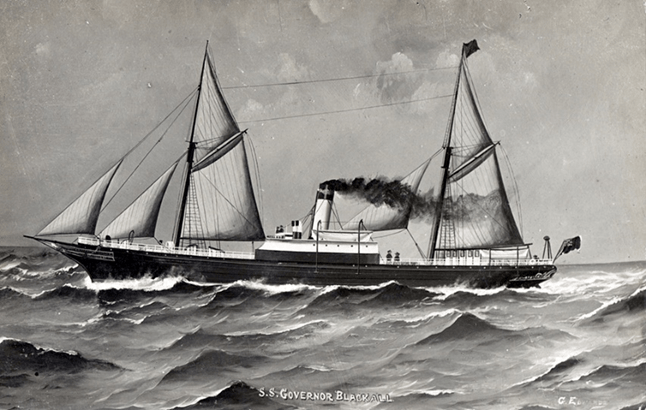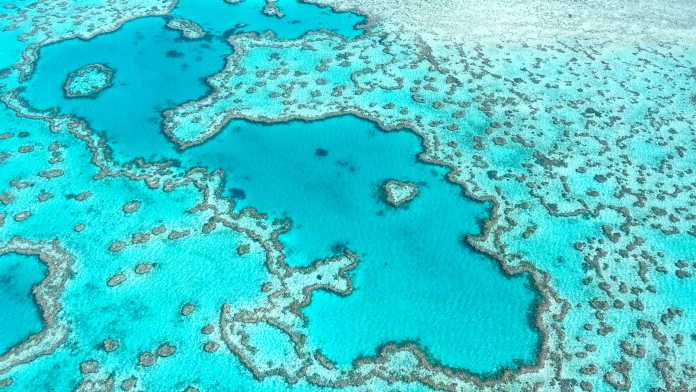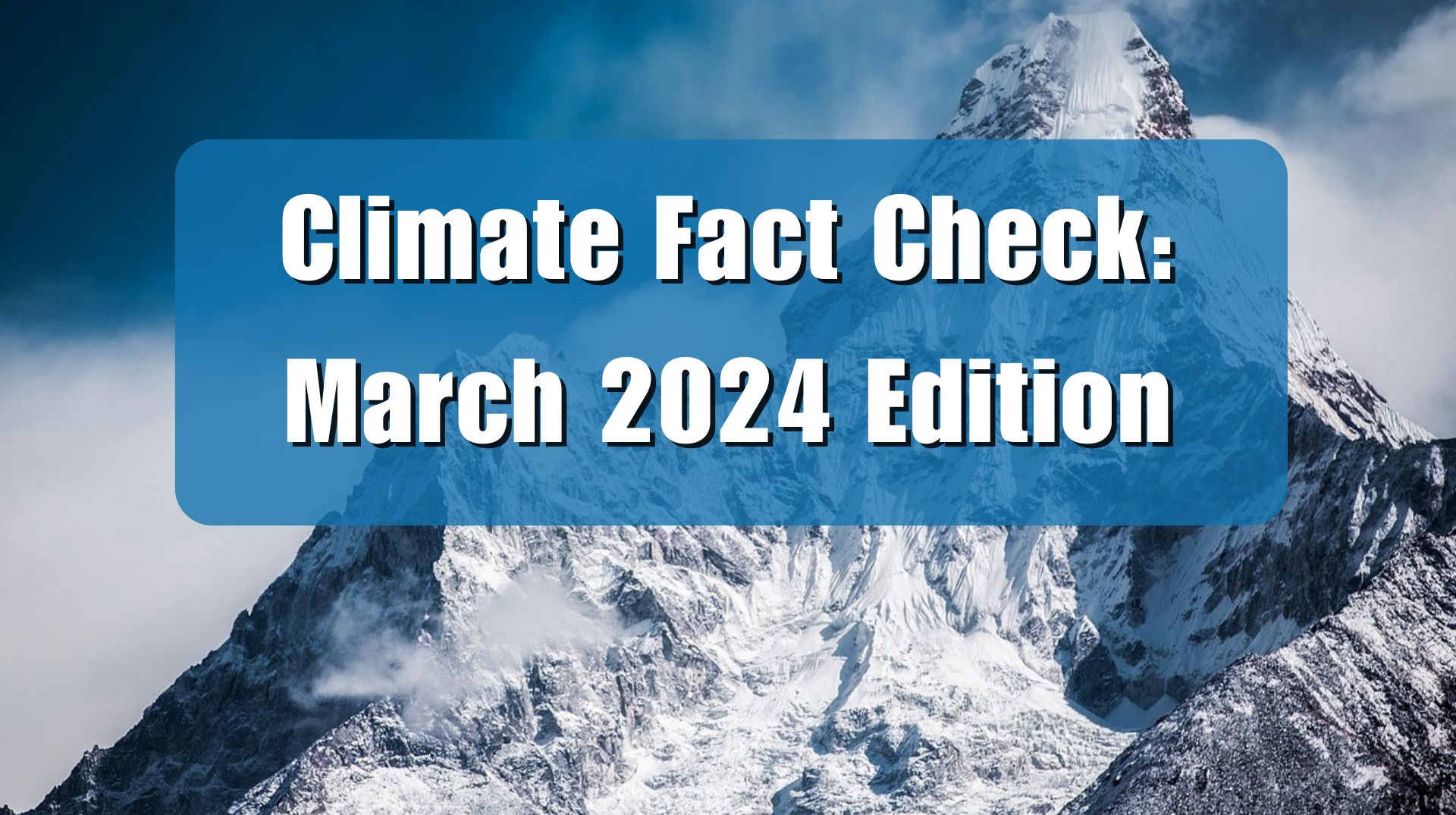A recent report in the journal Nature proposed an expensive and impractical proposal to alter cloud cover over the ocean to reduce sunlight and “save” the Great Barrier Reef “… in the face of climate change.” This proposal, even if it were cheap and practical, is unnecessary because data do not indicate climate change is threatening The Great Barrier Reef (GBR) with destruction.
One of the most commonly repeated climate alarmist claims over the past two decades is that human caused climate change is destroying the GBR.
For instance, ABC News carried a story, titled “Great Barrier Reef has deteriorated to ‘critical’ level due to climate change.”
“The conservation status for Australia’s Great Barrier Reef has declined from “significant concern” to “critical” due to increasing impacts associated with climate change, a new report has found,” wrote ABC News. “The process of coral bleaching occurs when water is too warm and the algae the corals expel from their tissues cause them to turn completely white.”
The Great Barrier Reef Foundation, echoes ABC News’ claim, saying, “[t]ropical sea surface temperatures have risen by 0.4–0.5 °C since the late 19th century, with rapid, human-induced climate change the greatest overall threat to the long-term future of the Great Barrier Reef.”
To be clear, the 0.4–0.5 °C of supposed ocean warming translates to just 0.7 to 0.9°F – not even a full degree of temperature change, is far lower than the temperature swings coral reefs have experienced since they first evolved. As pointed out in Climate at a Glance: Coral Reefs, Coral has existed continuously for the past 40 million years, surviving temperatures and carbon dioxide levels significantly higher than what is occurring today.
A new study, Trends in sea surface temperature at Townsville, Great Barrier Reef, references data extending back 150 years to show claims that a modest warming threatens the GBR’s survival is false.
The study examines newly recovered data from an 1871 sea expedition to observe the solar eclipse on the steamer Governor Blackall out of Sydney. This data indicates seas temperatures have not increased in and around the GBR over the last 150 years.

The researchers involved took hourly sea surface temperatures between 6:00 am and 6:00 pm every day “of the warm current setting south along the east coast of Australia” now known as the East Australian Current. The measurements commenced out to sea from Port Stevens, north of Sydney, and continued to near the tip of Cape York. They did the same on the return trip 2-weeks later.
The temperature measurements were the subject of formal scientific research and followed the same protocol and used the same thermometer for every observation to ensure consistent data.
The 1871 data established a baseline against which current sea surface temperatures can be compared. Bill Johnston, Ph.D., a former New South Wales Department of Natural Resources research scientist, undertook just such a comparison. He compared the 1871 data to recent data derived from 27 Australian Institute of Marine Science data loggers in the same reef area.
Johnson concludes:
“No difference was found between temperatures measured at Port Stephens and Cape Sidmouth by astronomers from Melbourne and Sydney using bucket samples in November and December 1871 and data sampled at those times from 27 AIMS datasets spanning from Thursday Island, in the north to Boult Reef in the south. Alarming claims that the East Australian Current has warmed due to global warming are therefore without foundation.”
If there has been no warming of the seas containing the GBR, warming can’t be threatening the GBR’s survival. Sadly, despite the fact that climate alarmists’ claims about warming oceans threating the GBR’s continued existence have been blown out of the water by this research, it is unlikely to make a difference in the media’s coverage of the “save the reef” industry in Australia. Australia’s reef protection industry is now a multi-million-dollar operation that exists mostly to perpetuate itself.
















Thank you Anthony.
Of note also in the Institute of Public Affairs Climate Change 2020 edition, out of Melbourne, shows that the sea level has risen an average of only 1.0 millimeter per year over the last 160 years in that part of the world.